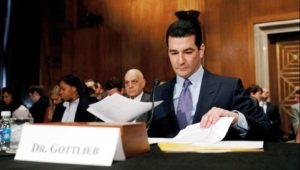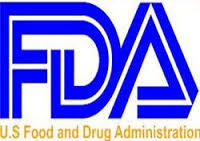
Volume 385, Issue 9970, 28 February 2015
WORLD REPORT US Food and Drug Administration commissioner Margaret Hamburg is stepping down after nearly 6 years in office. The Lancet‘s Washington correspondent, Susan Jaffe, reports on her achievements.

Margaret Hamburg
At the end of March, Margaret Hamburg is leaving what has got to be one of the toughest unelected US Government jobs outside of the Pentagon—commissioner of the US Food and Drug Administration (FDA).
A champion of science-based regulation and streamlined approvals for breakthrough drugs, the Harvard-trained physician is one of the two longest-serving FDA commissioners in five decades.
The FDA is responsible for the safety of 20% of the products Americans buy, including more than US$1 trillion dollars worth of goods that might seem to have little in common, such as artificial hips, dietary supplements, gene therapy, surgical lasers, prescription drugs for human beings and animals, nanotechnology products, cosmetics, blood and biologics products, tobacco, and—last but not least—most of the food we eat (excluding meat and poultry, which are the domain of the agriculture department). The agency has 16 000 employees. [article continued in full text or PDF]
…
 Volume 403, Issue 10445
Volume 403, Issue 10445


 nservative thinktank, when he presented testimony to a US Senate committee investigating prescription drug prices. Before he began, he volunteered that he was “a reformed government bureaucrat, having worked at FDA [US Food and Drug Administration] for a number of years”. He blamed astonishing price hikes—500% in the case of Mylan’s EpiPen—on “regulatory failures stemming from FDA policy, and I think that policy can be fixed”.
nservative thinktank, when he presented testimony to a US Senate committee investigating prescription drug prices. Before he began, he volunteered that he was “a reformed government bureaucrat, having worked at FDA [US Food and Drug Administration] for a number of years”. He blamed astonishing price hikes—500% in the case of Mylan’s EpiPen—on “regulatory failures stemming from FDA policy, and I think that policy can be fixed”. The US Congress has become famous for political gridlock but s
The US Congress has become famous for political gridlock but s